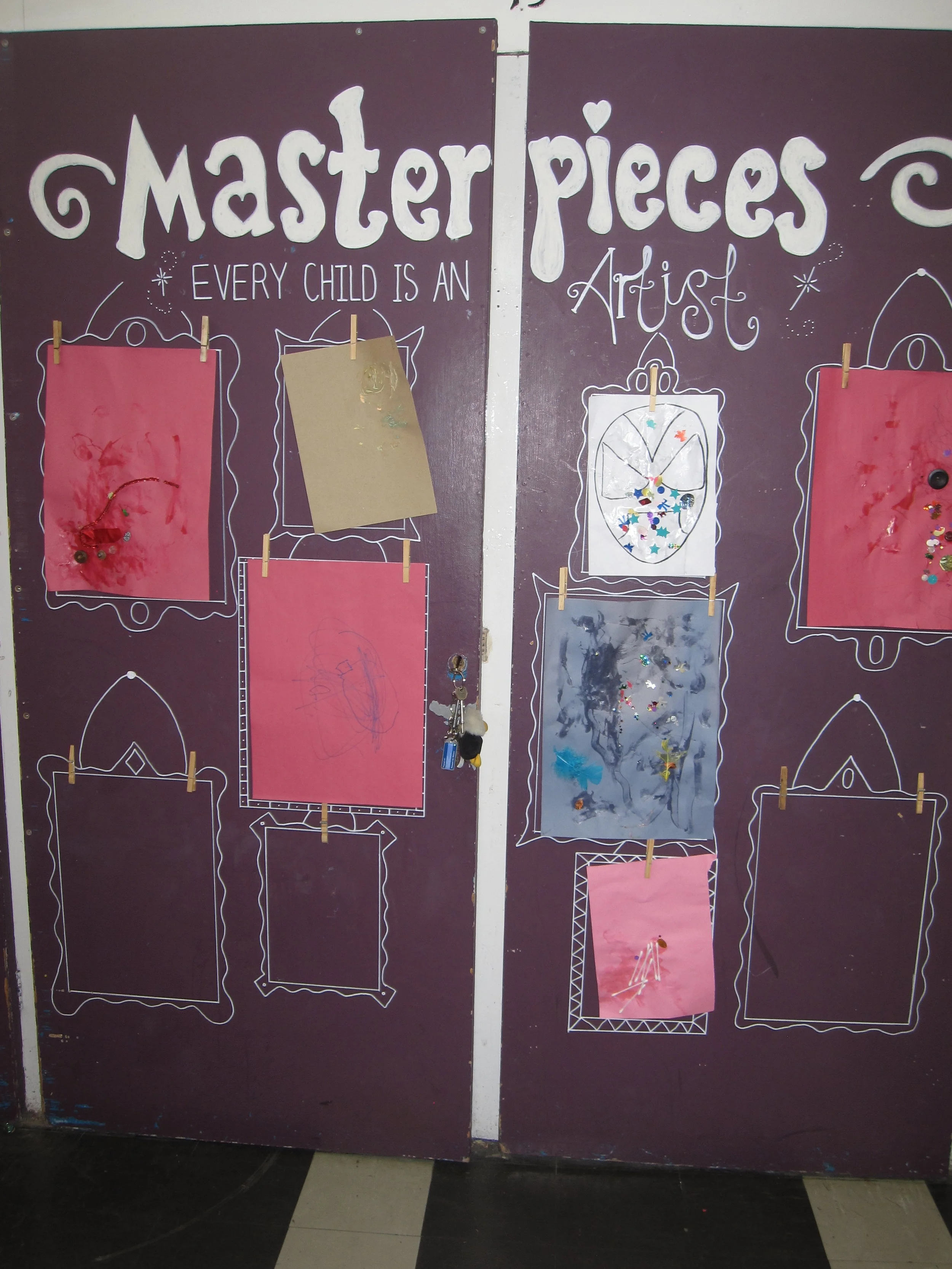Curriculum
Through play we aim to offer a wide variety of learning opportunities and experiences to encourage your child to develop to their full potential. Our curriculum works towards meeting the standards for learning, development and care for your child from birth to five identified in the Early Years Foundation Stage through four guiding principles. These are:
• Every child is a unique child, who is constantly learning and can be resilient, capable, confident and self-assured;
• Children learn to be strong and independent through positive relationships.
• Children learn and develop well in enabling environments, in which their experiences respond to their individual needs and there is a strong partnership between practitioners and parents and/or carers.
• Children develop and learn in different ways and at different rates. The framework covers the education and care of all children in early year's provision, including children with special educational needs and disabilities.
Our education program involves experiences based on your child’s spontaneous play both indoors and outdoors where practitioners implement the curriculum through planned, purposeful play and through a mix of adult-led and child-initiated activities. These activities and experiences are offered in a secure, enjoyable, caring and stimulating environment and involve activities in the learning and development areas as follows:
• Communication and language development involves giving your child opportunities to experience a rich language environment; to develop their confidence and skills in expressing themselves; and to speak and listen in a range of situations.
• Physical development involves providing opportunities for your child to be active and interactive; and to develop their co-ordination, control, and movement. Your child will also be helped to understand the importance of physical activity, and to make healthy choices in relation to food.
• Personal, social and emotional development involves helping your child to develop a positive sense of themselves, and others; to form positive relationships and develop respect for others; to develop social skills and learn how to manage their feelings; to understand appropriate behaviour in groups; and to have confidence in their own abilities.
• Literacy development involves encouraging your child to link sounds and letters and to begin to read and write. Your child will be given access to a wide range of reading materials (books, poems, and other written materials) to ignite their interest.
• Mathematics involves providing your child with opportunities to develop and improve their skills in counting, understanding and using numbers, calculating simple addition and subtraction problems; and to describe shapes, spaces, and measures.
• Understanding the world involves guiding your child to make sense of their physical world and their community through opportunities to explore, observe and find out about people, places, technology and the environment.
• Expressive arts and design involves enabling your child to explore and play with a wide range of media and materials, as well as providing opportunities and encouragement for sharing their thoughts, ideas and feelings through a variety of activities in art, music, movement, dance, role-play, and design and technology.
Your child will be assigned a key person who will help ensure that their learning and care is tailored to meet their individual needs. The key person will seek to engage and support you in guiding their development at home. They will also help you engage with more specialist support if appropriate.

